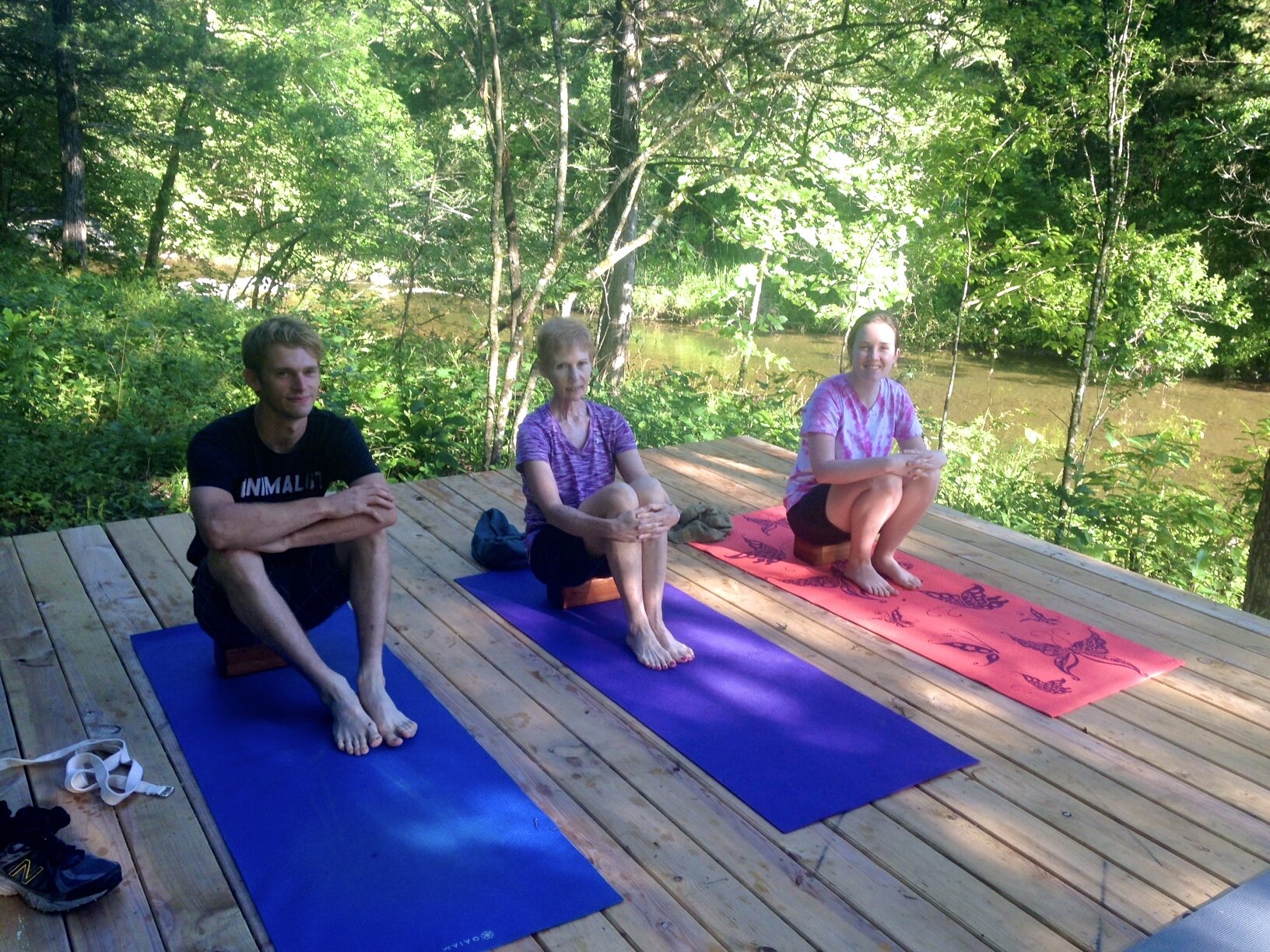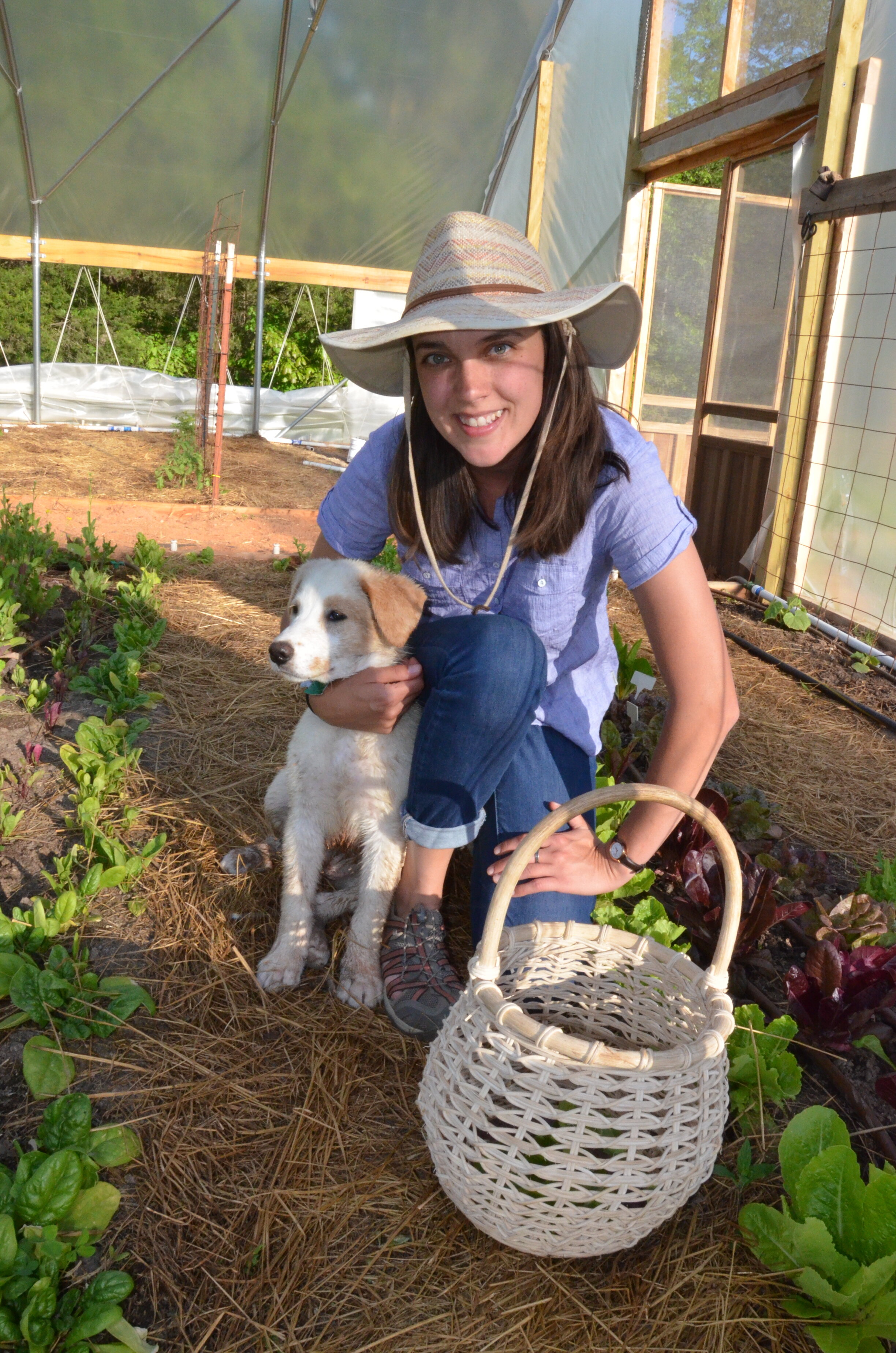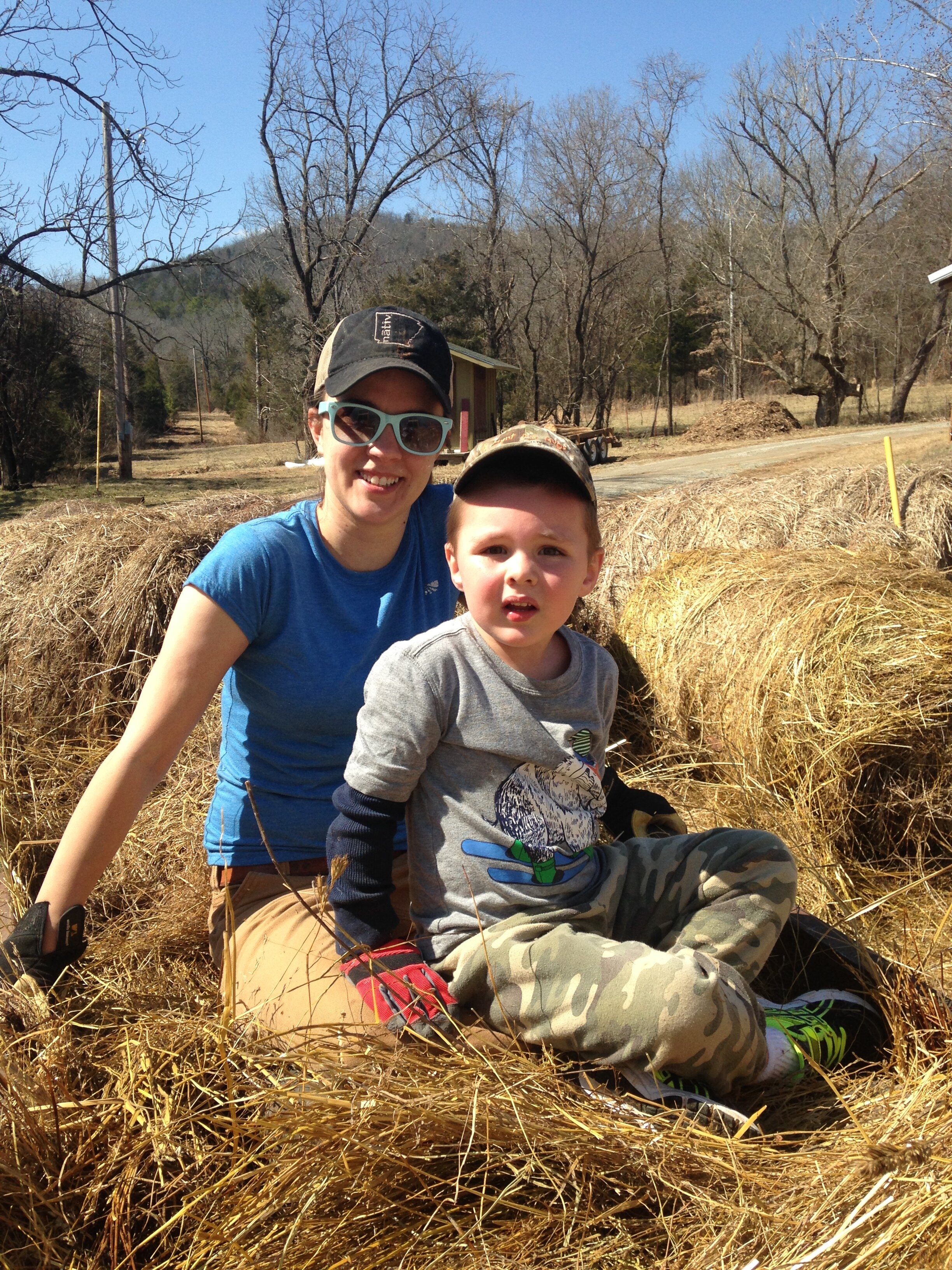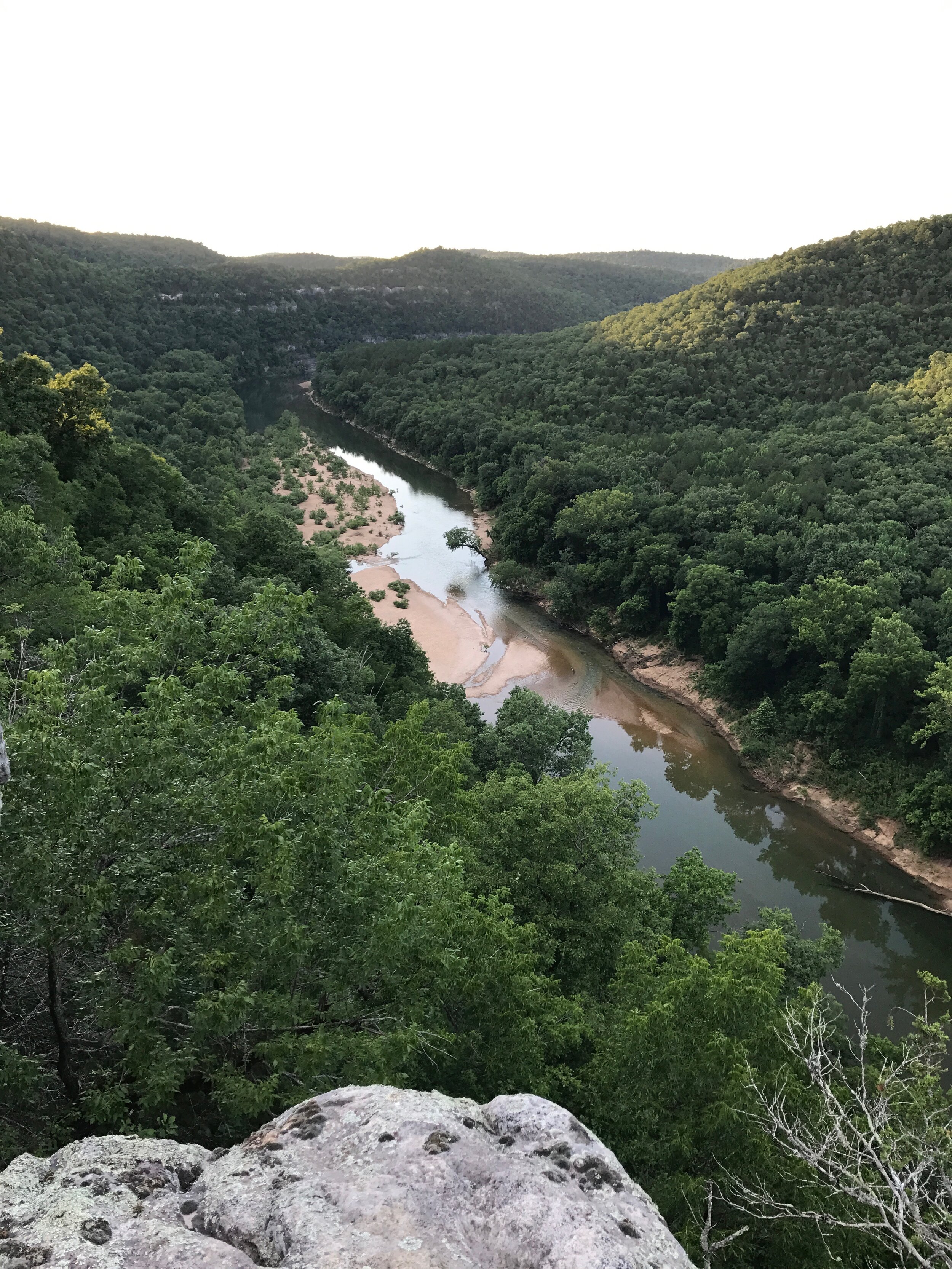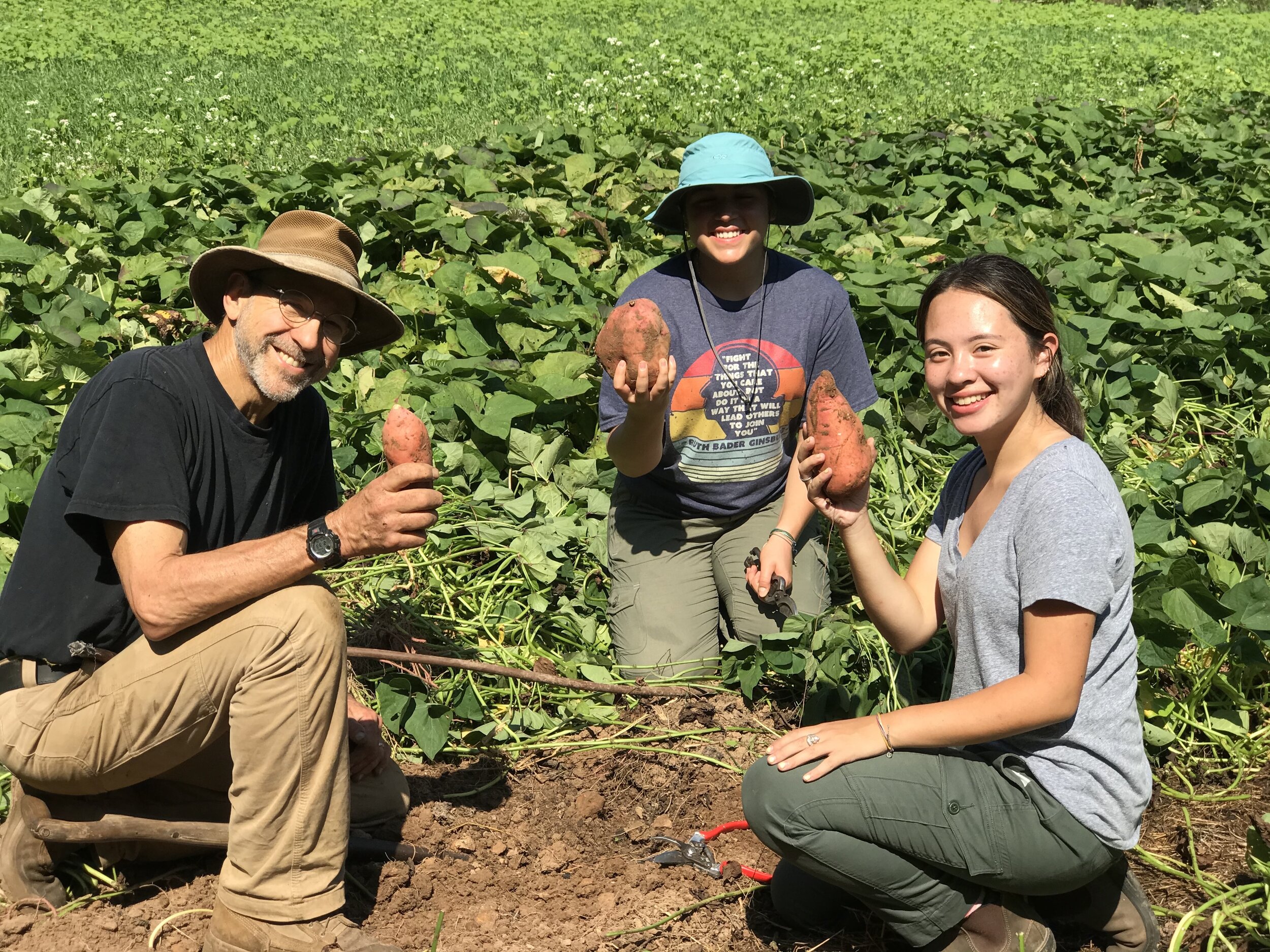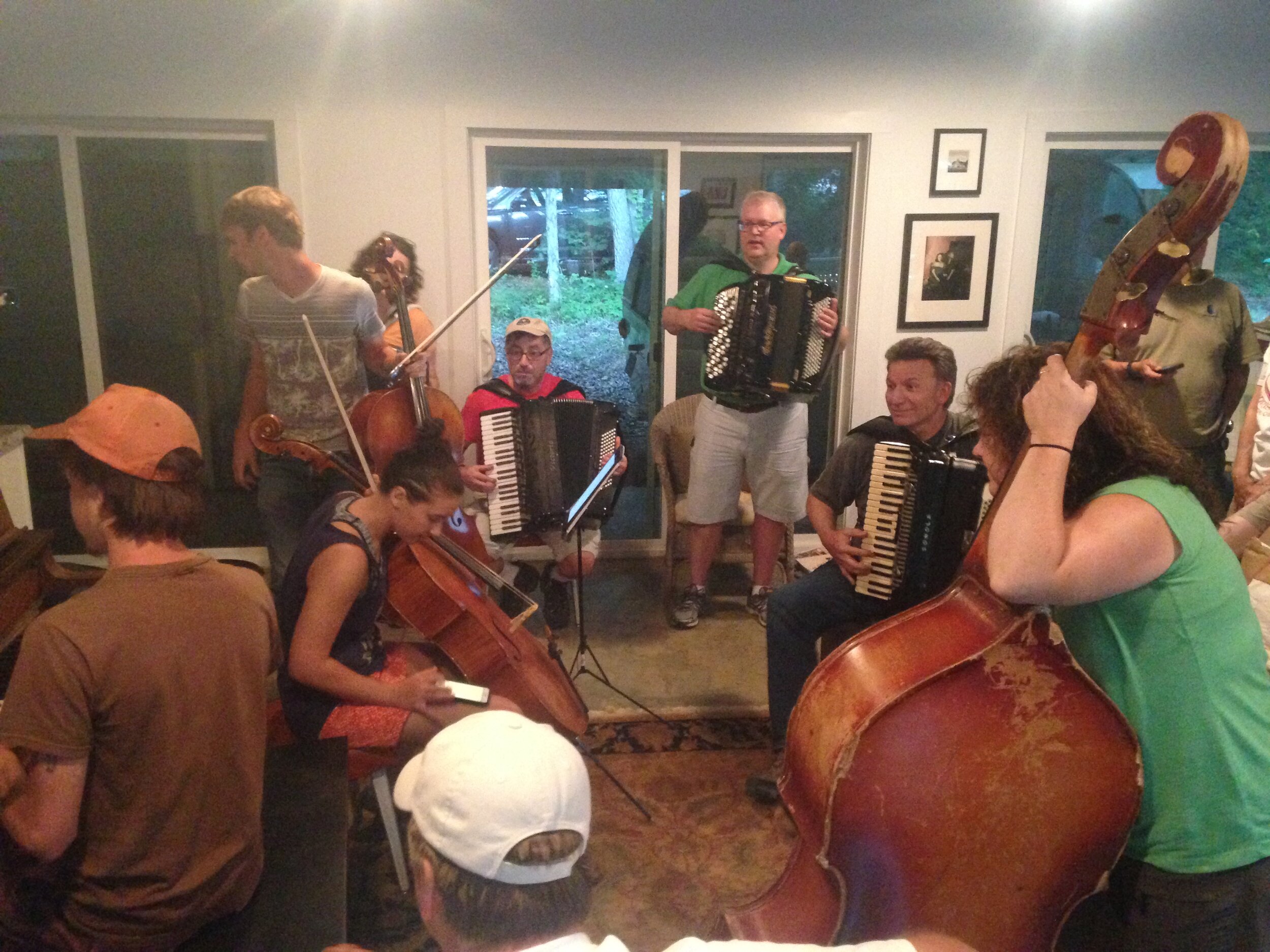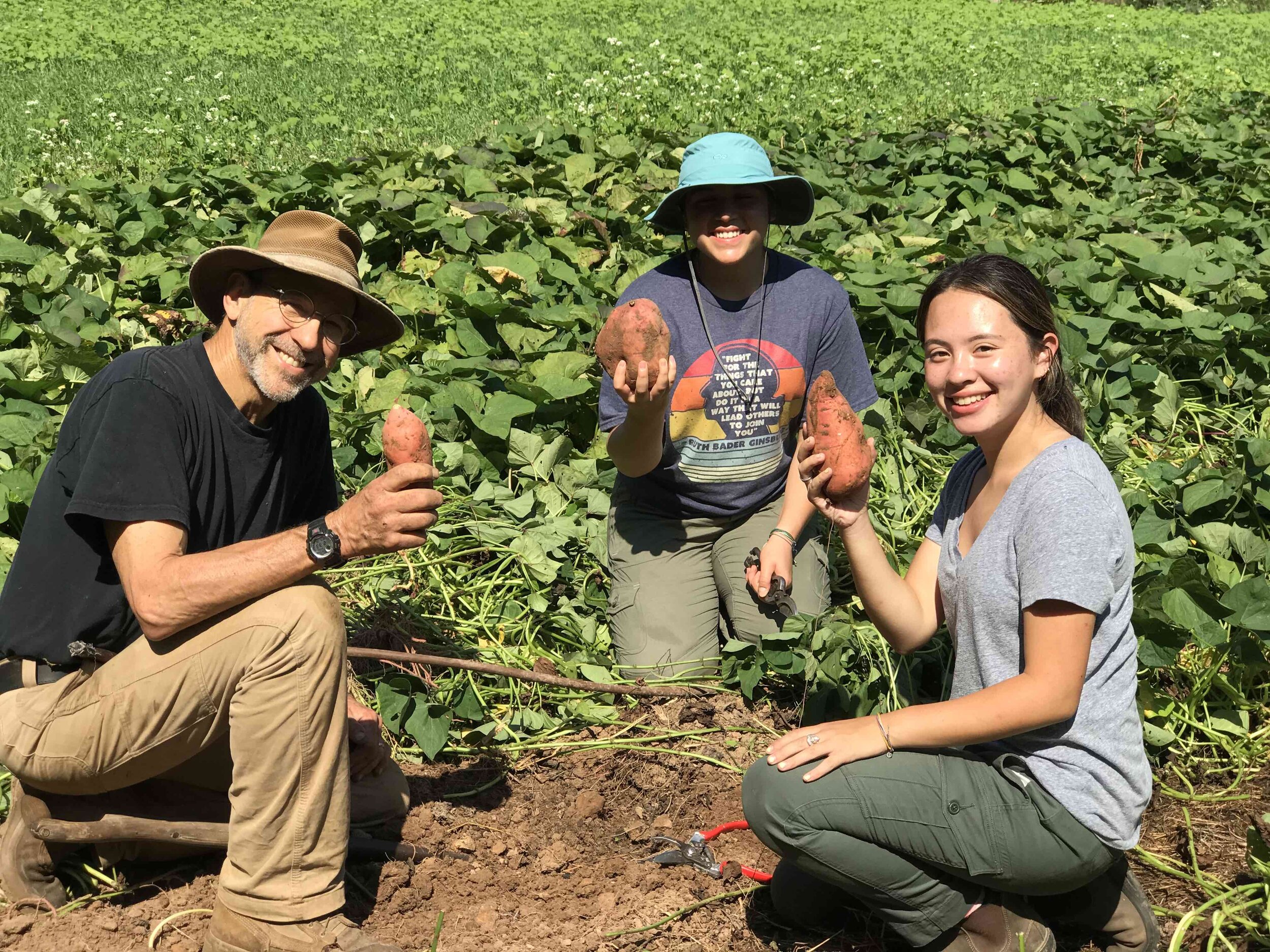
WWOOFING
Worldwide Opportunities on Organic Farms, USA (WWOOF) is a worldwide effort to link visitors with organic farmers, promote an educational exchange, and build a global community conscious of ecological farming practices.
WWOOF’s goal is to provide individuals from all around the world the opportunity to:
• gain practical skills in organic farming and gardening
• lend a helping hand wherever needed
• experience rural living in the USA
• further the organic and sustainability movement
• participate in a cultural exchange
Lucky Star Farm is an approved farm with the WWOOF USA organization. For this unique way to learn about organic farming, you must apply through their website (www.wwoofusa.org).
WWOOFing in the Ozarks
World Wide Opportunities on Organic farms (WWOOF), was founded in 1971 by Sue Coppard from London, England as a volunteer opportunity for urban folks to experience country life and support the growing organic food movement.
Today, the organization has grown to include host farms and businesses in over 100 countries. Those farms provide volunteers with an educational and cultural opportunity to learn new skills in sustainable, organic farming methods and provide a connection to life and nature in a rural setting. The volunteers work four to six hours a day in exchange for a learning experience, food and accommodations. WWOOFing has also exploded onto the cultural landscape as a new way for people to travel the world on a budget, become agri-aware, learn new languages and connect with people in a way a tourist never could. The acronym has become so widely used as a verb (as in “I’m thinking of WWOOFing this summer”), it is now commonly heard on TV shows, movies and online.
There are over 2,000 farms listed as hosts in the United States running the gamut from small gardens to commercial organic operations. You can choose from permaculture and community gardens, school programs, orchards, vineyards, dairies, and ranches. There are both rural and urban opportunities located in all 50 states and here in the Ozark Mountains there are more than a dozen opportunities for volunteering at host farms.
Lucky Star Farm has enjoyed hosting dozens of WWOOFers in the past seven years. When my husband, David, and I decided to become a host farm in 2013, we were concerned that we lived far too deep in the Arkansas wilderness to get much interest. As it turns out, that was the draw for the majority of our guests. As the population shift from rural to urban increases, many city dwellers yearn for a connection to nature, a deeper understanding of what it takes to grow your own food, and the thrill of eating farm to table at every meal!
Our emphasis is on growing 75 to 80% of our own food for year-round consumption. Depending on the time of year, WWOOFers on our farm can get experience in seeding, planting, cover crops, composting, harvesting, preserving food and cooking in season. Of course, there is always weeding, mulching, taking care of chickens and goats, weeding, fence building, maintenance, and did I mention weeding. Our visitors are been both male and female; range in age from 19 to 60; and are high school graduates to graduate students. Some want only to experience the area and the farm, others seek a solid education on what it takes to garden in an organic, sustainable method. Most all of them have come from large cities and have travelled from across the United States. It is not always an easy transition to go from a city to the wilderness and I caution my guests that it usually takes a three-day transition to be able to experience and fully enjoy the rhythm of the countryside. Visitor accommodations are in a separate guest house, but we usually share all our meals together in the main house. It is during those times that we learn a little bit more about each other, share opinions about food and talk about the experiences of the day.
While the main component of WWOOFing is that the volunteer is there to learn, as with most teacher/ student relationships, the learning flows both ways. We have been fortunate to host many insightful young and mature people who bring a wide range of experience to our farm and we have had many WWOOFers whom I look forward to following their path in life. Hosting visitors to our farm has been a hugely rewarding experience which we hope has also contributed to the growth in the organic movement in the Ozarks and beyond.
If you are an adventurous soul and open to traveling to “off the beaten track” locations, this could be the opportunity you were looking for. But, before you pack your work books, here are a few things to consider for a great WWOOFing experience.
Think about what kind of experience you want and try to find a farm or organization that matches that experience. Use the search engine on the website to narrow down the options based on your needs.
• Pick a location that fits. Do you want to hike and swim on your time off or hang out in town?
• Do you hate the heat? Maybe you shouldn’t WWOOF in the south during the summer months.
• Be prepared…while housing, food and most tools are provided, bring all those personal items you can’t live without.
• Give the host farm plenty of time to respond to your request and give them plenty of information about your abilities and your expectations. Farms like to plan ahead and know they have plenty of help when they need it the most. If your plans change, let the farm host know as soon as possible so they can adjust their plans.
• Emails and telephone conversations can help determine whether or not the farm can supply the experiences you want and whether you are right for the farm. Establish a line of communication beyond your initial request. You are going to be living with these people…try to get a sense if you will be compatible.
• Be open-minded and adaptable. Plans can quickly change on farms based on need and the weather. The experience you thought you were going to get milking goats could turn into learning how to make pesto. However, both could be equally rewarding.
Interested in learning more about becoming a worker or a host? Check out WWOOFer opportunities in Arkansas and beyond at wwoofusa.org.
*This article, written by Donna Musarra, originally appeared in AY Magazine.
